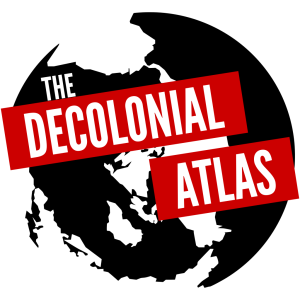
Category: Region: Oceania


Surreal Images of Earth from Space

Colorful River Basin Maps

Australia: Aboriginal Territories and Placenames

Indigenous Land Titling in Australia

Indigenous Land in Australia 1788-2013

The Hawaiian Islands in Hawaiian

Eora Map of Sydney Harbour

Micronesian Stick Charts

